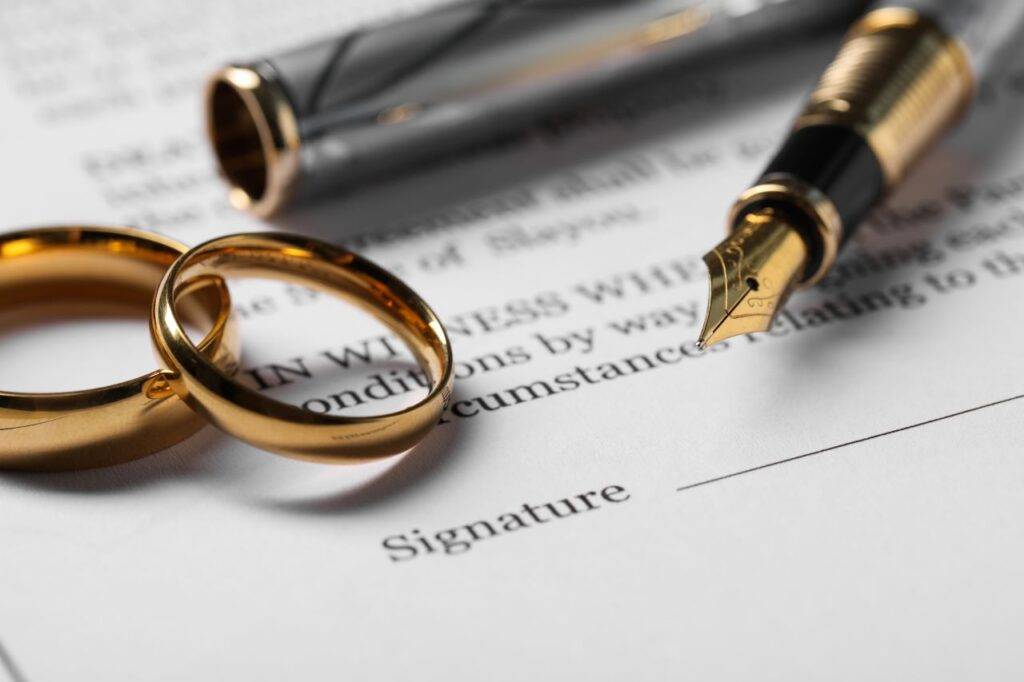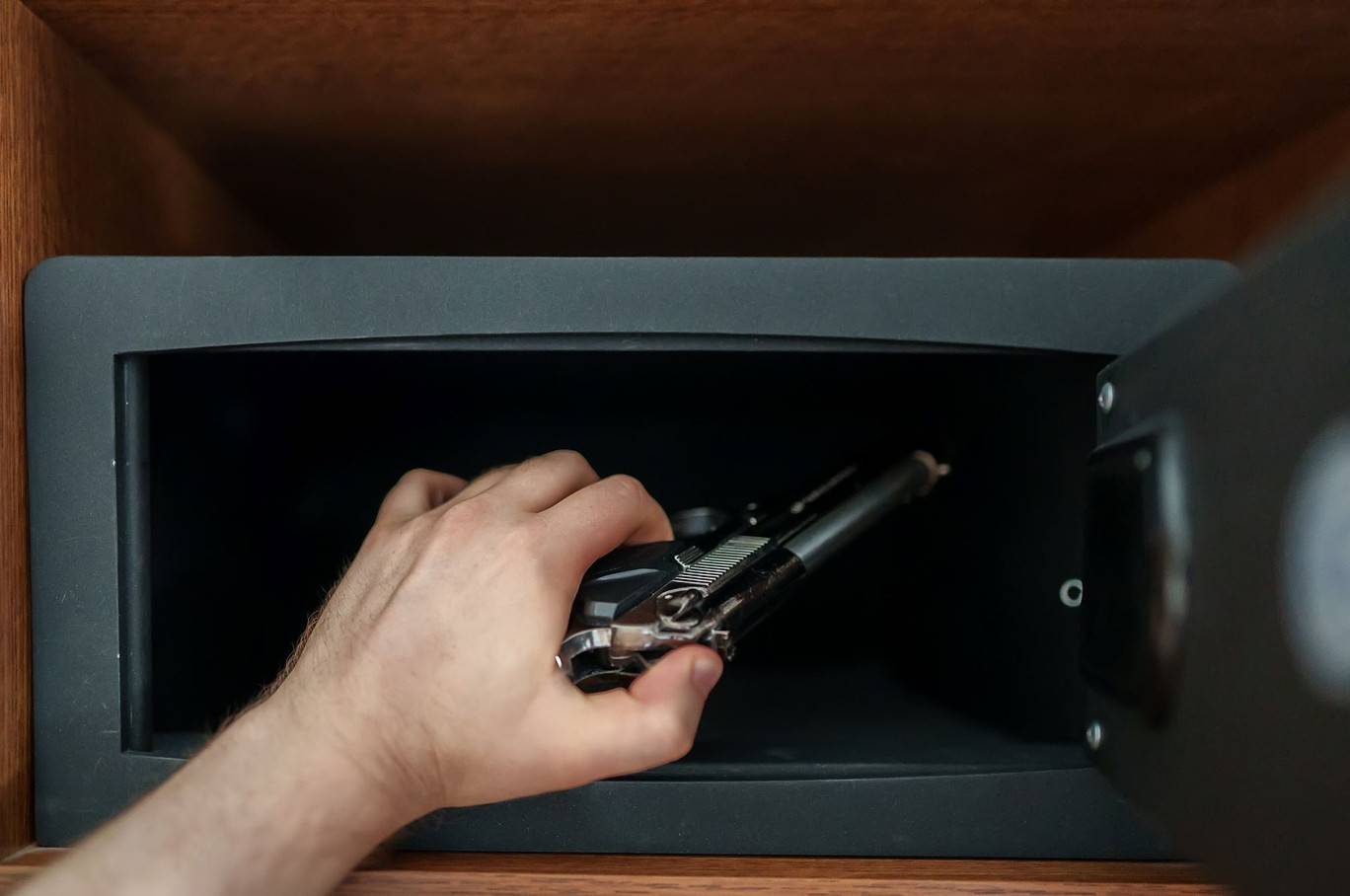This year I got “married” overseas. By that, I mean I had a celebratory wedding overseas, which did not have any legal effect in Australia.
So, how can you legalise your marriage in Australia? There are two main ways: having a wedding that follows the rules of the Marriage Act 1961 (Cth), the “wedding method”, or by having a legal-only ceremony through the Registry of Births, Deaths and Marriages (“the legal-only method”).
THE WEDDING METHOD
The main way people get married in Australia is by holding a ceremony that complies with the Marriage Act. But what exactly is a compliant marriage, and what makes a marriage void? Here are some key rules:
- You must be of marriageable age.
This means that in most circumstances, you must be 18 years old.[1] The Marriage Act does allow the authorisation of marriages of persons under the age of 18 years old in exceptional circumstances. For example, a person who is 16 years old may apply for a Judge or Magistrate to authorise their marriage, however they do not have to allow it.[2] The marriage may then only be solemnised if there is consent from the parent, guardian or prescribed authority of that person.[3]
- You must not already be married.
While I can’t imagine this would happen very often, the Marriage Act has made it illegal to get married when you are already legally married to another person.[4] This means if you wish to get re-married, you need to ensure you have legally divorced your former partner before getting re-married.
Interestingly, the Court will acknowledge a polygamous marriage if it was a legal marriage in another country, for the purposes of a family law matter.[5]
- You must have an authorised marriage celebrant at your wedding.
An authorised celebrant must be physically present at the place of marriage.[6] You must also give a Notice of Intended Marriage Form to an authorised marriage celebrant at least 1 month before your wedding, and not earlier than 18 months before your wedding.[7] This form can be located on the Attorney-General’s Department website at: https://www.ag.gov.au/families-and-marriage/publications/notice-intended-marriage
When you are at your wedding, your marriage must also be witnessed by at least two people over the age of 18 years old.[8]
- The right words to say.
You may have wondered why a wedding celebrant makes the married couple to be, repeat specific words back to them. There is actually a legal requirement that where a marriage is not religiously-held, you say words to the effect of “I call upon the persons here present to witness that I take thee to be my lawful wedded spouse” in front of the celebrant and your witnesses.[9] If you wish to have a religious wedding, it may be solemnised in any way that is sufficient for that religion.[10]
You will then receive your certificate of marriage, as proof of your legal marriage.
THE LEGAL-ONLY METHOD
While the Registry of Births, Deaths and Marriages does have an option to hold a wedding ceremony through their services, you can also simply have a legal-only ceremony. This is perfect if you do not wish to have a wedding ceremony, or if you had an overseas wedding ceremony that was not legalised, like I did.
Essentially the same rules apply to this method. However, the process is very simple. You are required to fill out a Notice of Intended Marriage Form and a payment form to the Registry. After this, you will have an online interview with a Registry staff member, and you will book your legal-only ceremony. In NSW, this is held at the Pyrmont Registry in Darling Harbour, Sydney.
On the date of the legal-only ceremony, you will attend the Registry with the original version of your Notice of Intended Marriage, and a proof of identity document such as a passport. The Registry celebrant will make sure that the requirements set out in the wedding method above are met, and you will say your legal vows and sign a marriage certificate in front of two witnesses.
You will then subsequently receive the legal certificate of marriage via post, for your future use.
If you require legal advice about your marriage, please book a confidential consultation with one of our experienced family lawyers today.
Citations
[1] Marriage Act 1961 (Cth), s 11 (‘Marriage Act’).
[2] Ibid s 12.
[3] Ibid s 13; Sch 1.
[4] Ibid ss 23(a), 23B(a).
[5] Family Law Act 1975 (Cth), s 6.
[6] Marriage Act, s 41.
[7] Ibid s 42.
[8] Ibid s 44.
[9] Ibid s 45(2).
[10] Ibid s 45(1).



